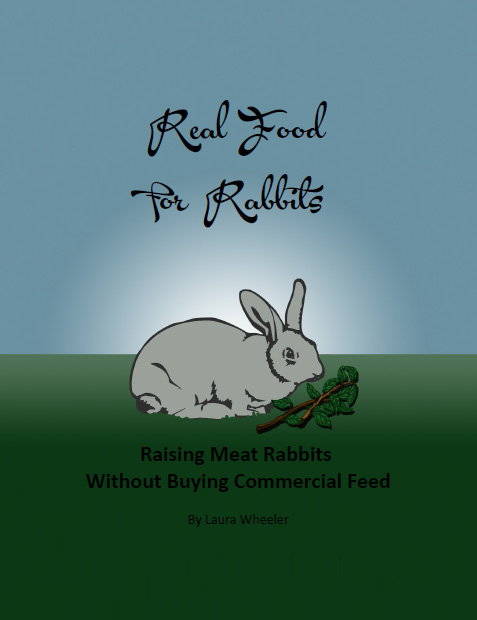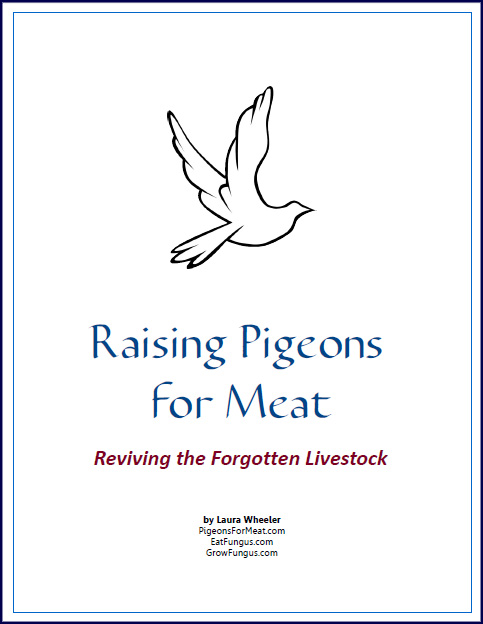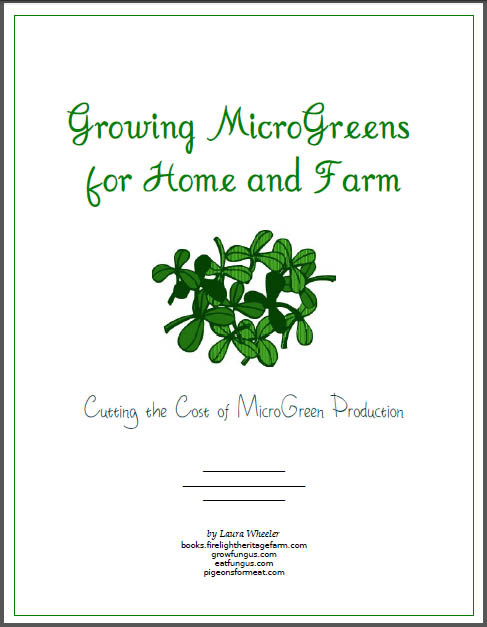 Click to Download Your Free Heritage Pickling and Culturing e-Book Now!
Click to Download Your Free Heritage Pickling and Culturing e-Book Now!
Instant Download, NO Registration Required!
First Animals On the Farm
We usually start a farm with great dreams and ambitions. Many of us start out researching the best breeds, and want to start with good breeding stock, or with good producers and high quality livestock. After all, that is what the experts tell us to do! They warn us that poor livestock will cost us in ways we little imagine, and that we will regret it if we have less than pedigreed stock in our fields and enclosures.
Poppycock!
Ok, so if you can afford good stock, get good stock. If you cannot though, there is one piece of advice I want to get across here, that is really important for first time animal tenders to understand.
Get started with WHATEVER livestock you can!
Short of animals that are so badly behaved, or so badly deformed that they won't benefit you at all, ANY livestock is good to start with!
Crossbreeds and mutts can often be extremely good starter livestock. (They can often be hardier, and healthier than pedigreed stock, and are invariably BETTER animals for home production than ANY "Show" stock.)
Older does, bucks, ewes, bulls, cows, roosters, hens, etc, are a GOOD option for starting out, if you intend to produce another generation of animals. An animal that is past the "peak" usage is still useful, and still capable of producing more than enough to justify their feed and care.
Our first rabbits were carefully selected, but we had a limited budget, so we purchased inexpensive ones. They were good choices - though two of the does did go into the stewpot because they just could not get the idea of what to do with the randy buck whom they were put in with. Still worth the cost and the care.
Our first goats were a crazy mix of breeds, all of whom bore twins. They were also all older does, but capable of delivering another batch of babies.
A tight budget need not deter you, because whatever you get started with, you can make it into something better in time.
The greatest thing about your first livestock though, is what you learn. And that is the real reason I say, get started with whatever you can!
You learn MORE from mutts, older stock, lower quality animals, temperamental beasts, and cast offs and someone else's culls than you learn from top quality stock. You learn to spot flaws, to compensate for problems, and to take something second rate and make it better.
There usually IS a way to make it better. Some of those ways are:
1. By compensating for behavioral problems - better fencing, kinder treatment, a little patient training, etc.
2. By breeding up. Breed the animals, select the best for the next generation of breeders. Breed to better stock if you can, but even if you cannot, you can make it better.
3. By giving them natural feed, whereby they gain additional years of productivity and health.
4. By gradually adding better livestock as you can afford to.
The best place to START, is WHERE YOU CAN START. For many people, waiting until you can do what you really want to do means postponing indefinitely, or putting off during a time in which you could be learning valuable skills and receiving the benefit of having animals on your farm.
- An older less productive goat may not give as much milk, but she will give enough to teach you to milk and properly handle the fresh milk, and will generally be capable of one more breeding, so she can replace herself.
- A mutt rabbit may not produce salable kits for the pet market, but she'll produce good meat rabbits with excellent meat, as long as she is of sufficient size. And fussing over feed to meat conversion rates is silly unless you are operating a large commercial facility, because the difference just isn't significant in a home operation - it may cost you a dollar more per month for 4-6 rabbits with lower feed to meat conversion ratios.
- Second hand hens may not be producing an egg a day, but they'll produce enough to keep you in eggs, and even better, if you have a rooster, they will be good mamas - older hens are better mamas, and go broody more than younger hens, so they can produce an entire generation of younger hens for your farm!
- An older cow may produce less milk, but she will generally breed well, and have a gentler disposition than a young cow (sometimes they'll be cranky though).
Take what you can get, and make it better. Learn from what you have, because that experience is the most valuable experience you'll ever get. And don't feel bad if you have mutts and the neighbors have purebreds! It isn't what matters at all!
What matters, is that you DO. That you let your dream unfold, and get farming!








